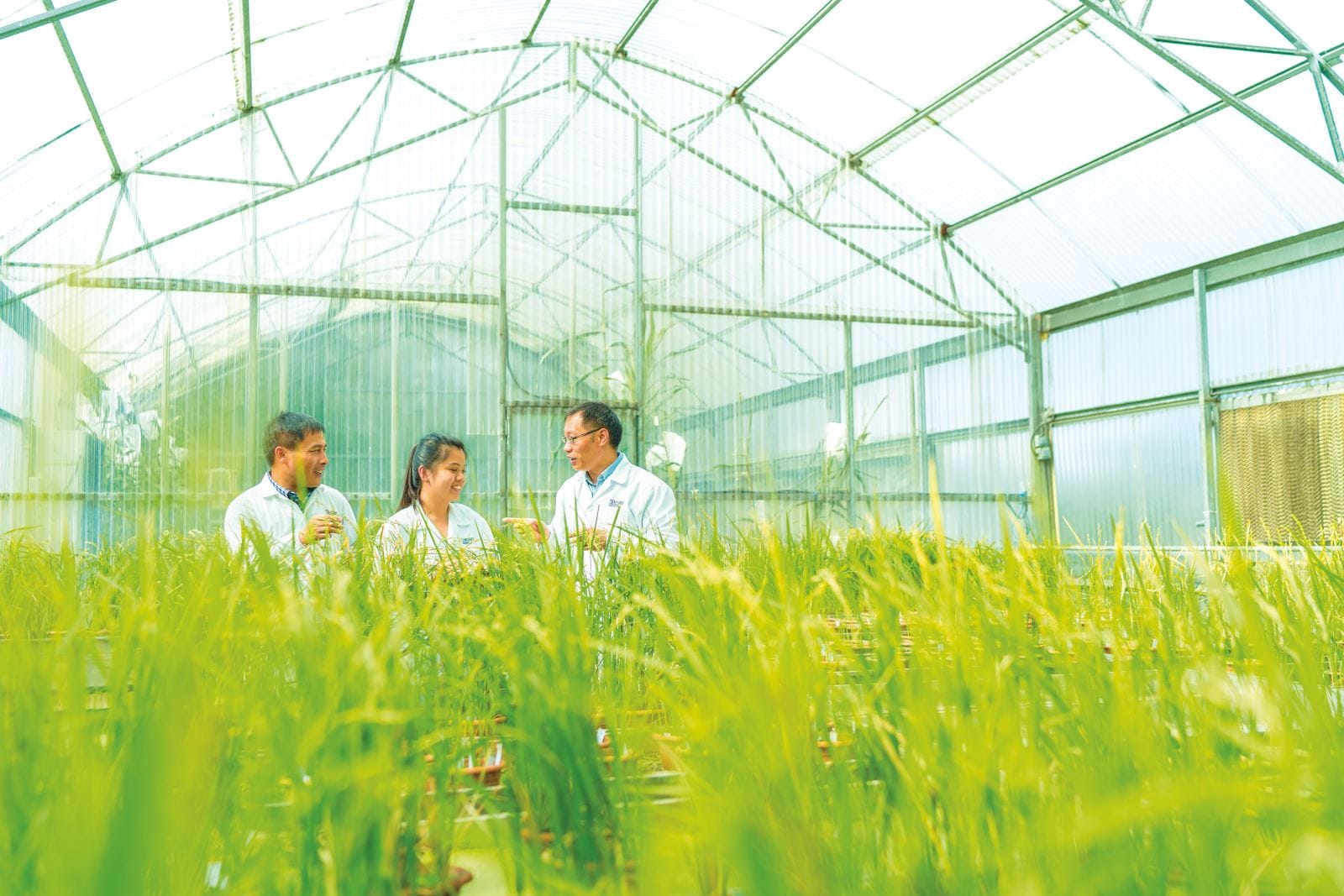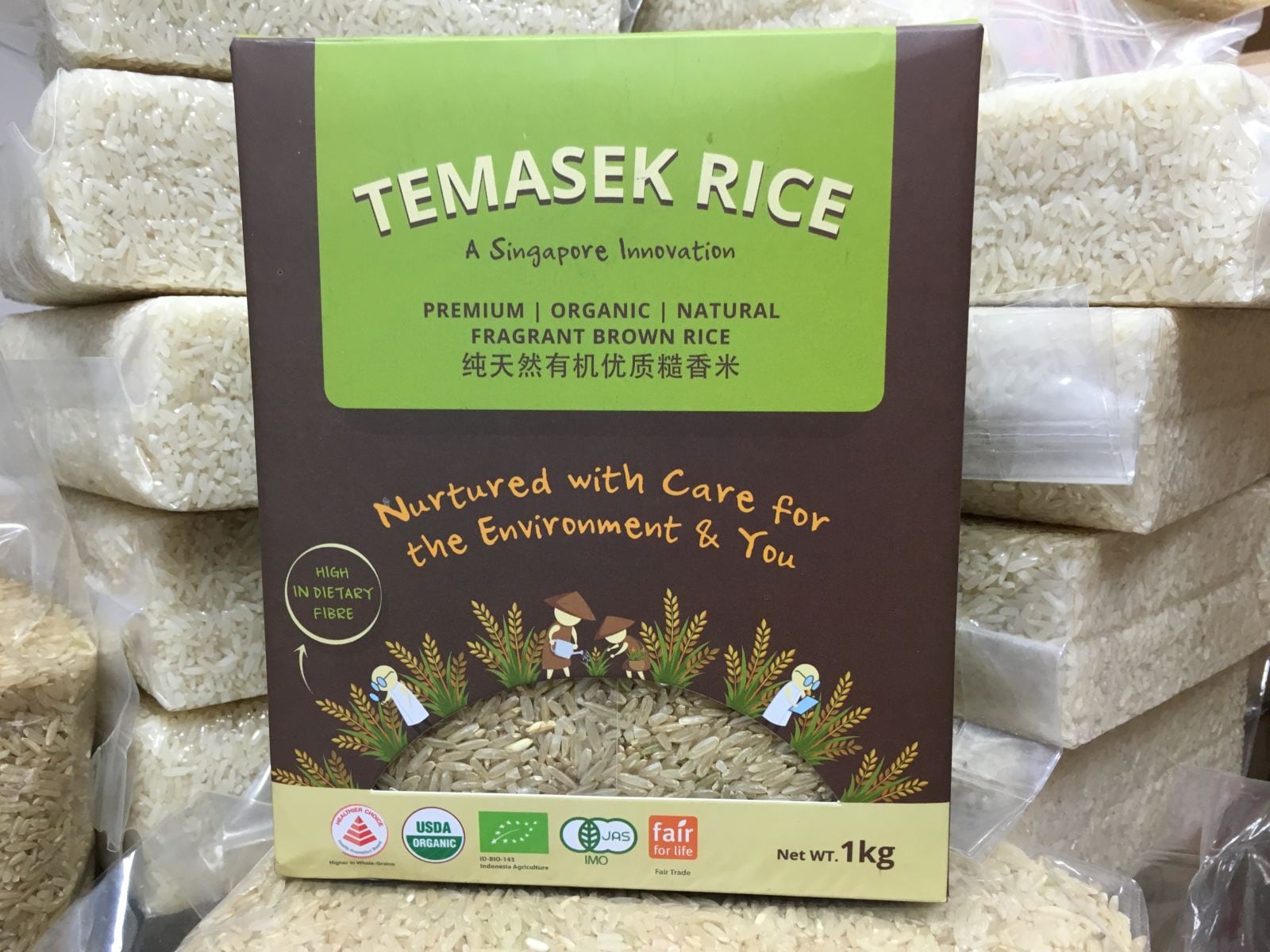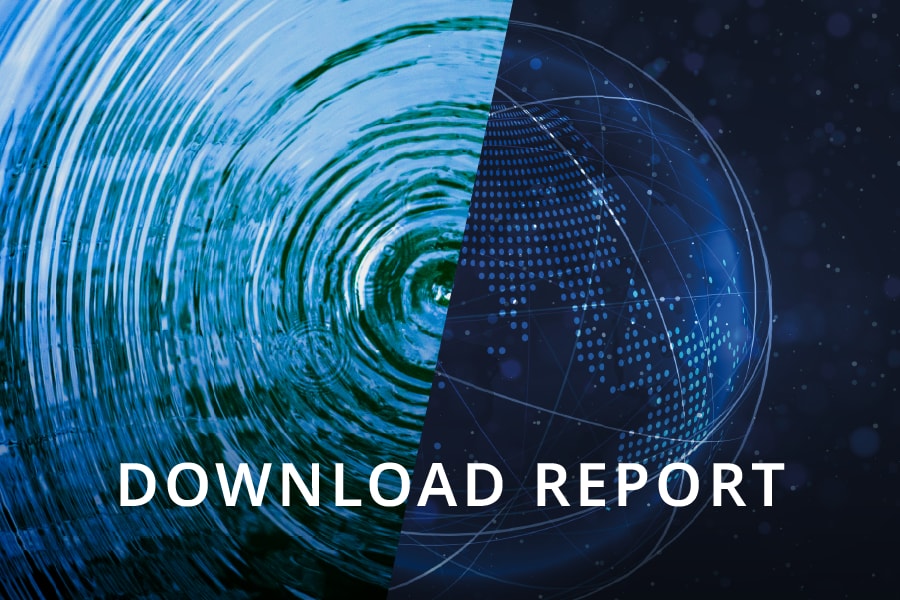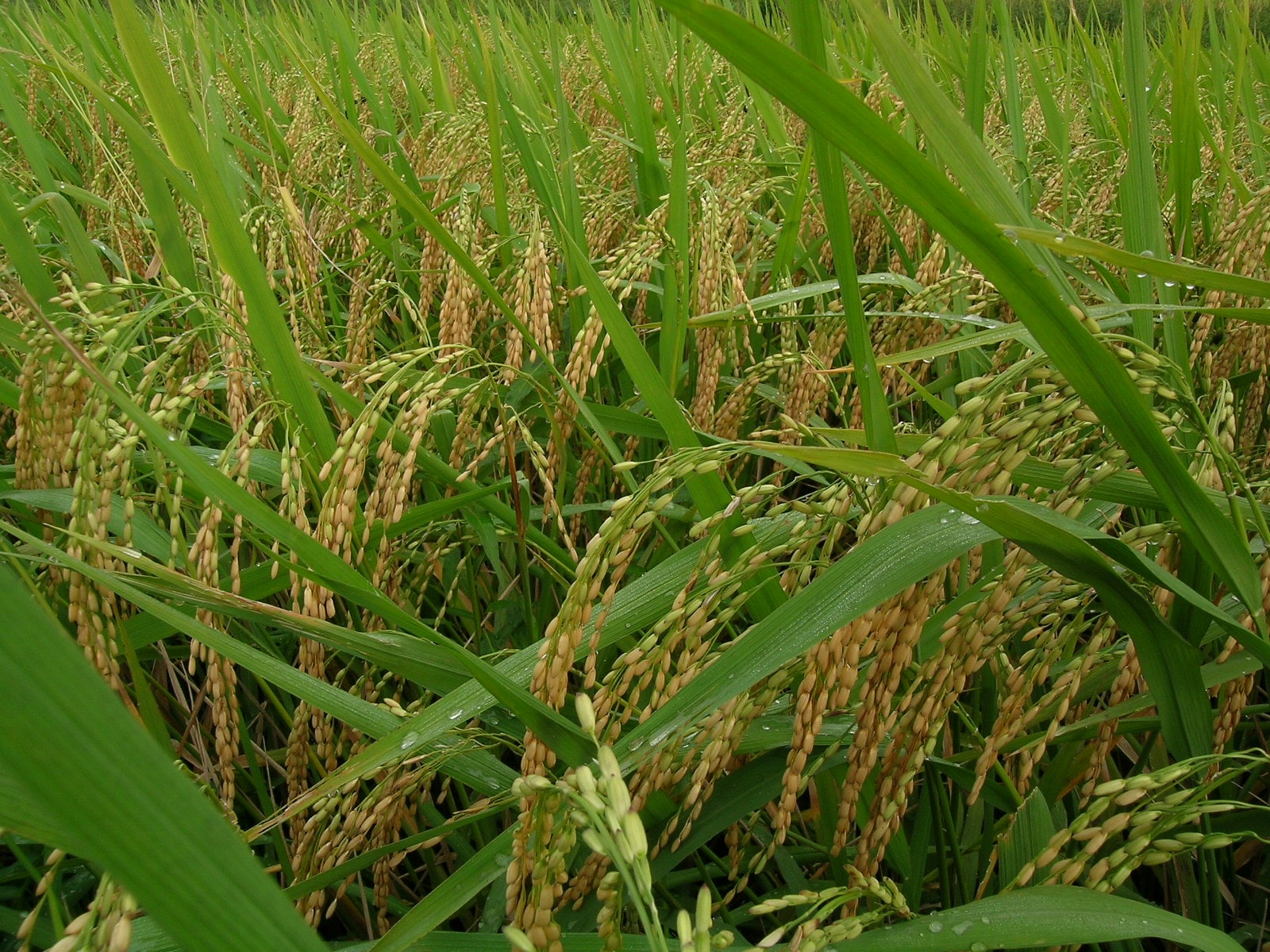Temasek Rice: A More Resilient Rice Variety to Enhance Our Food Security
Rice is the staple food source of more than half of the world’s population1, with Asians being one of its biggest consumers. Even though traditional rice production methods have worked and thus remained relatively unchanged over the centuries, changing circumstances are forcing farmers and scientists to rethink our approach to rice cultivation.
It is not news that the agriculture industries across the world, including rice production, are being threatened by rapid changes in our environment. Changes include prolonged drought, flood, urbanisation, arable land erosion, pests and diseases. During the 2008 Global Rice Crisis, for example, the lack of rice caused prices to jump by some 400 percent in just four months. Such events are clear reminders that environmental factors can easily impact the supply of rice and other basic commodities as exporting countries struggle to meet domestic demands
Addressing
Ever since its establishment in 2002, the mission of Temasek Life Sciences Laboratory (TLL) has been to improve lives by developing and harnessing science and technology. In the area of agricultural sciences, for example, TLL’s scientists are working on ways to improve crop productivity through the discovery and use of better genetics.
With a clear mission in mind, Dr Yin Zhongchao, senior principal investigator at TLL, led a multinational team of scientists to find out how certain plants are able to deal with stresses on the molecular level and boost their natural defence mechanisms. His research led to breakthroughs that were eventually published in high-impact, peer-reviewed scientific journals like nature, with patents filed in many countries.

Dr Yin Zhongchao (right), with fellow researchers, Dr Luo Yanchang (left) and Adeline Seah, at the rice lab at Temasek Life Sciences Laboratory.
However, this was not quite the end of the journey for the team at TLL. Dr Yin also wanted to apply his discoveries to positively impact communities. As such, his team embarked on a strategic research programme to utilise modern breeding technology to rapidly generate a library of new and improved rice varieties with stacked specific desirable traits. Some of these traits include being able to withstand extreme climate conditions, such as floods and droughts, as well as resist pests.
This led to the eventual creation of the Temasek Rice – an elite, aromatic rice variety that is high in dietary fibre and imbued with traits that will allow the people in the region to grow rice sustainably using less natural resources, thereby contributing to longer-term food security for the region.

TLL’s Temasek Rice, which is available for purchase at the Medi-ya Supermarket in Singapore.
As science advances, traditional trades – in this case, rice production – evolve as well. From mere possession of land and water resources, the entire agricultural industry is gradually embracing technologies and intellectual property in order to overcome physical constraints and environmental challenges.
That is why, at TLL, the core of its research is on sustainability, as well as the wellbeing of the future. TLL hopes to demonstrate that by harnessing the power of life sciences, it can better lives and create a positive impact on the economy and the environment at the same time.
1 http://nationalgeographic.org/maps/wbt-staple-food-crops-world/


.JPG)

.JPG/_jcr_content/renditions/cq5dam.thumbnail.319.319.png)